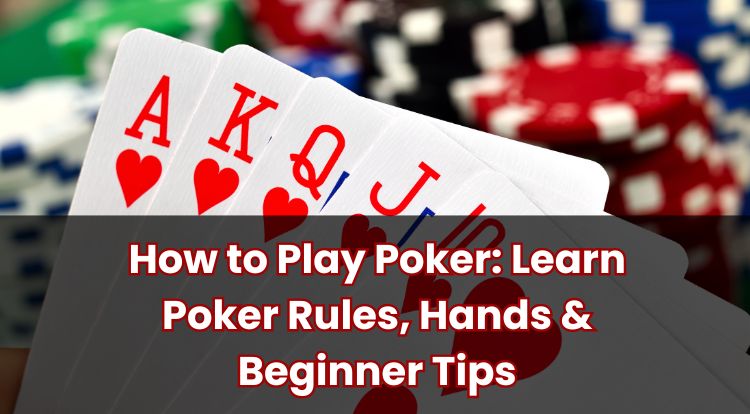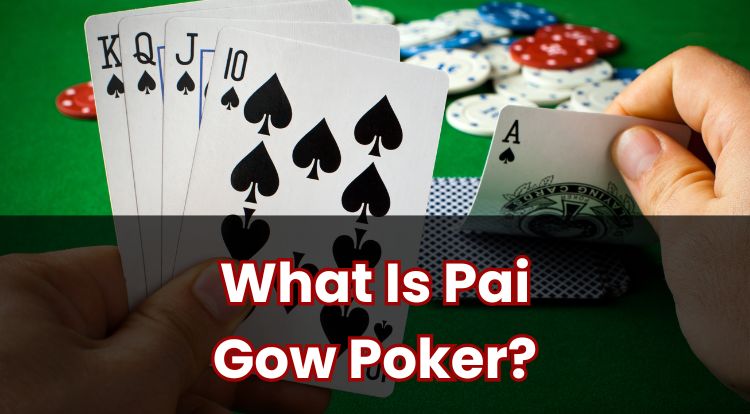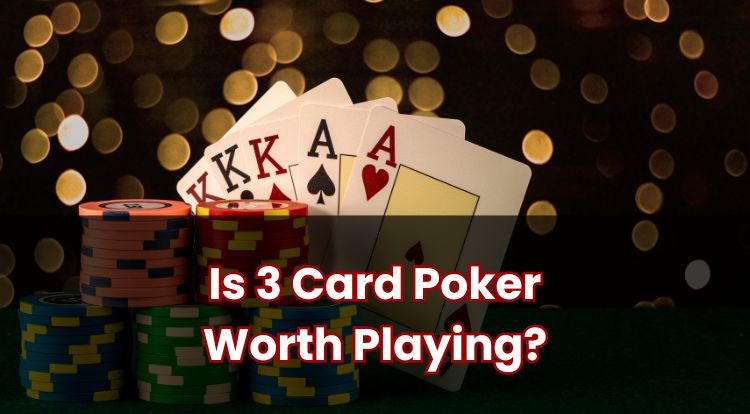What Does Call, Fold and Raise Mean in Poker? Explained Simply
For anyone new to poker, the words used at the table can feel unfamiliar at first. Call, fold and raise are the core actions you may hear in every round, whether playing with friends, at a card room, or online.
This guide explains what each action means, how they affect the hand, and when players tend to use them. By the end, you will hopefully understand how these choices shape every betting round and feel more at ease if you decide to try your hand at the table. Read on to learn more.
Understanding the Basics of Call, Fold and Raise
Every betting round in poker revolves around three options. You can call, which means you match the current highest bet to stay in the hand. You can fold, which means you put your cards down and sit out the rest of that hand. Or you can raise, which means you increase the size of the bet and ask everyone else to at least match the new amount.
These choices affect both the size of the pot and who continues in the round. Most tables, especially online, show the available actions and the exact amounts on screen, along with any limits for that game. Rules and bet sizes vary by format, so it could help to check the game information before you consider joining a match.
Players should always remember to gamble responsibly and within their means- never wager more than you can afford to lose.
What Does Calling in Poker Mean?
Calling means matching the amount that has already been bet so you can carry on in the hand. If a player ahead of you bets £5, a call is £5. You neither increase the price for anyone else nor step out of the way; you simply continue.
This is often used when you want to see another card or reach the next stage without committing more than the table has already asked for. For instance, if the opening bet is modest and your hand has a reasonable chance of improving, calling can be a way to keep options open. In later streets, calling can also be a way to see a showdown at a controlled cost if the pot is already sizeable.
Online, the software shows the amount needed to call, so you always know the figure. At live tables, dealers and players announce bets, and you can ask for a count if you are unsure.
When Should You Fold in Poker?
Folding means you stop investing in the hand and place your cards face down. You cannot win that pot once you have folded, but you also avoid putting in more chips when the situation does not suit you.
Players often fold when the bet they face is large compared with the strength of their hand. Imagine being dealt two low, unconnected cards and facing a big raise before the community cards are dealt. Continuing could be costly with little chance of improving. The same thinking applies after the flop: if a draw has not materialised and the price to continue is high, folding can be the sensible choice.
By letting go of weaker spots, you keep funds available for hands where the cards and the situation work better together.
How Does Raising Work in Poker?
Raising increases the current bet to a higher amount. If someone has wagered £2, and you make it £6, everyone who wants to continue must now meet at least £6. A raise changes the tempo of the hand and forces new decisions around the table.
Players raise for a few common reasons. With a strong hand, raising builds a bigger pot. With a decent hand against several opponents, it can narrow the field so you are not up against too many players at once. A well-sized raise could also make it potentially less appealing for others to continue with hands that need specific cards to improve.
The size of a raise depends on the format. Fixed-limit games use set increments. Pot-limit games cap raises at the size of the pot. No-limit games allow any amount up to your remaining stack, subject to minimums such as at least the previous raise. Most online tables show preset buttons for typical amounts and the exact minimum you can choose, which makes the options easy to follow.
Key Differences Between Call, Fold and Raise
Call, fold, and raise affect your place in the hand in different ways.
Calling keeps you involved at the current price. It does not pressure other players, but it allows you to see what develops.
Folding ends your involvement immediately. You invest nothing further and move on to the next hand.
Raising increases the price of participation. It can build the pot, apply pressure, or test how confident others are in their hands.
These differences shape the flow of each betting round. Knowing which option fits the moment could help you handle the changing situations that come up from deal to showdown.
Examples of Call, Fold and Raise in Action
Picture a simple hand. The first player puts £2 into the pot. It is your turn.
If you call, you place £2 as well and stay in. You will see the next card or reach the next stage of betting with the rest of the table.
If you fold, you push your cards away and take no further part in that hand. You keep your remaining chips for the next deal.
If you raise, you increase the bet. Say you make it £5. Players who want to continue must now match at least £5. Some might call, some might raise again, and others may fold because the price has gone up.
Across a full hand, you will see these decisions repeat as new cards are dealt and the pot grows. Early on, raises often set the tone and define who comes along. Later, calls and folds tend to reflect how the community cards have changed the value of each player’s hand.
Why These Actions Matter in Every Hand
Call, fold, and raise are the tools that move a hand from start to finish. They manage how big the pot becomes, how many players contest it, and how much information is revealed through betting patterns.
Calling keeps you connected to the action when the cost fits your aims. Folding protects your stack when the numbers do not add up. Raising puts questions to the table and can shape the hand around your terms. Together, these choices form the rhythm of poker, helping each round reach a clear result.
**The information provided in this blog is intended for educational purposes and should not be construed as betting advice or a guarantee of success. Always gamble responsibly.
*All values (Bet Levels, Maximum Wins etc.) mentioned in relation to these games are subject to change at any time. Game features mentioned may not be available in some jurisdictions.




